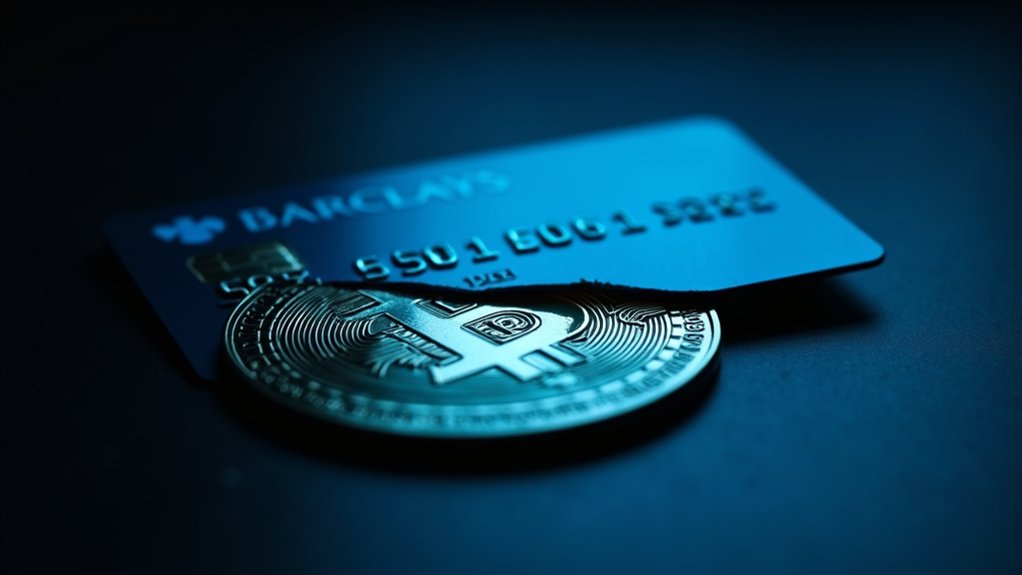In a predictably cautious yet conspicuously belated move, Barclays announced that, effective June 27, 2025, it will sever the already tenuous link between credit cards and cryptocurrency purchases, joining a parade of UK banks ostensibly intent on shielding customers from the notorious volatility and regulatory vacuum that define crypto markets—raising the perennial question of whether such bans genuinely protect consumers or merely stifle financial innovation under the guise of risk management. This latest enactment in banking policies, framed as a bulwark against the specious perils of crypto speculation on borrowed funds, exposes the enduring ambivalence embedded within crypto regulation, revealing a sector more enamored with risk aversion than embracing emergent financial paradigms. Barclays cites customer safety as the primary reason for the ban, emphasizing the risks posed by sharp crypto price swings and ongoing scam concerns. Many credit card providers also offer card benefits that focus on consumer protection and responsible use, highlighting the contrast between these services and the risks of crypto purchases on credit. The absence of a decentralized ledger in cryptocurrency transactions further complicates traditional dispute resolution processes.
Barclays’ rationale, couched in the language of consumer safeguarding, pivots on the acknowledged absence of buyer protection schemes for cryptocurrency transactions—a glaring omission in the regulatory architecture—thus rationalizing its preemptive clampdown on credit card usage for crypto acquisitions. Yet, this move, while ostensibly protective, conveniently sidesteps the broader debate on whether such paternalistic banking policies effectively curtail reckless borrowing or simply erect artificial barriers that hinder legitimate market engagement and innovation. The bank’s unilateral decision, mirrored by peers like Santander and NatWest, underscores a collective retreat into conservative risk management, arguably at the expense of consumer autonomy and market dynamism.









